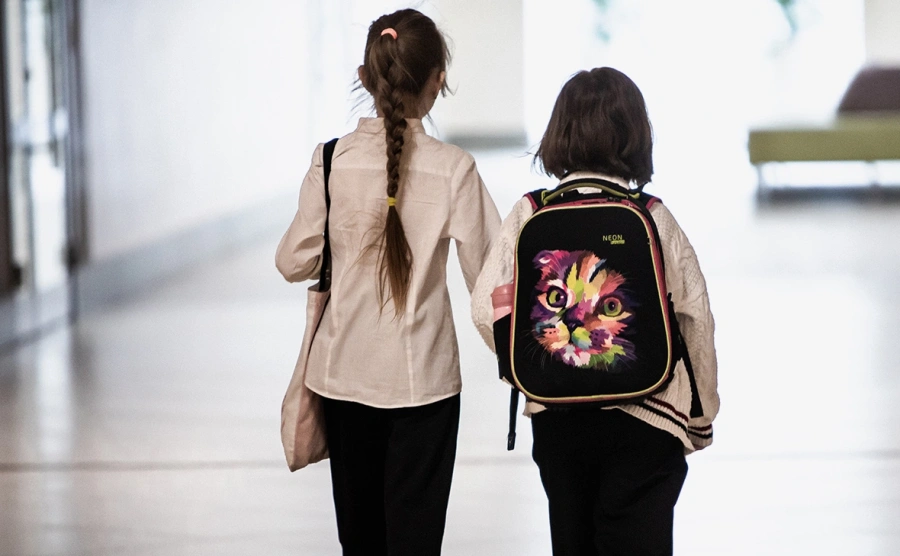Moscow — August 27, 2025
In a move that might feel more like satire than governance, Russia’s Prosecutor General has officially declared the International Baccalaureate (IB) an “undesirable organization.” A Swiss-based educational system designed to prepare students for global universities has now joined the Kremlin’s expanding blacklist, accused of “formatting Russian youth according to Western templates” and “distorting historical facts.”
For parents and students, the timing could hardly be crueler — a week before the school year begins. In Moscow’s top-tier schools, in Skolkovo’s international gymnasium, in elite institutions like Letovo, the IB was not just a curriculum but a passport to global education. Now, virtually overnight, it has been recast as a hostile ideological weapon.
The surrealism is unmistakable. A program that teaches math, physics, and world literature is now accused of “inciting interethnic hatred.” Legal experts advise schools to scrub their websites, erase references to IB, and sever contracts immediately to avoid administrative or even criminal liability. The instruction reads like something from Orwell’s Ministry of Truth: yesterday it was prestigious, today it is subversive, tomorrow it must vanish without trace.
The consequences are tangible. Students who spent years preparing for IB diplomas — accepted by thousands of universities worldwide — are left with uncertain futures. Some may try to sit their exams abroad, but in Russia their diplomas are now worthless. Teachers who built entire programs around IB are told to pivot overnight to state curricula or British-style A-Levels, assuming the latter, too, isn’t branded “undesirable” next.
Meanwhile, the state insists this is about protecting sovereignty. But sovereignty from what? From children studying six disciplines and writing extended essays? From young people seeking to enter Harvard or Sciences Po? The real fear, it seems, is that knowledge itself has become a threat — that global education creates citizens who question, compare, and think beyond borders.
In July, Yale University was also declared undesirable. Before that, the British Council. One by one, the channels connecting Russian students to the world are being cut off, not because of bombs or sanctions, but because of ideas.
This is the new normal in Russia’s “educational sovereignty”: a place where Shakespeare can be read, but only through the correct lens; where a math test can be foreign propaganda; where the pursuit of knowledge itself is a political act. In the land of the Ministry of Truth, even the classroom has become a battlefield.


